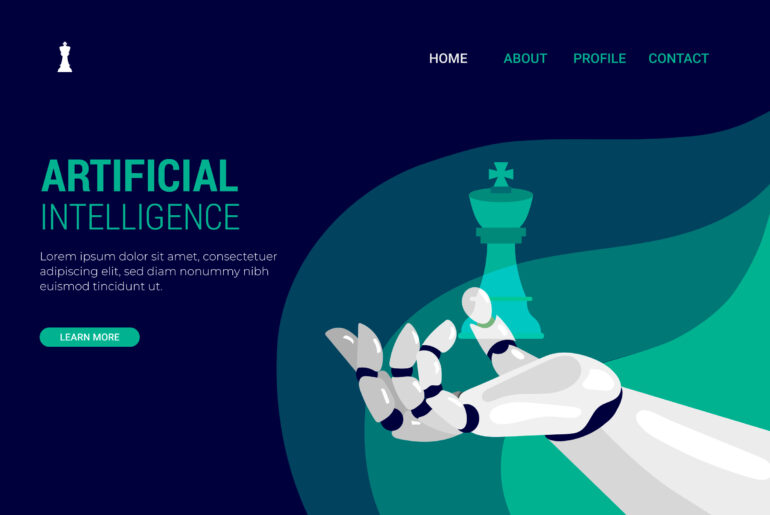Artificial Intelligence (AI) is increasingly shaping our lives, from the way we work, interact with one another, and even make decisions. AI has the potential to transform society positively, but it also raises ethical questions and concerns that need to be addressed. In this blog post, we’ll explore the opportunities and challenges of AI’s ethics.
Opportunities of AI Ethics
AI has the potential to improve the quality of life for many people, and ethical considerations play a crucial role in maximizing this potential. Here are some opportunities for AI ethics
1. Improved Safety and Security
AI can help improve safety and security in various domains. For example, AI systems can monitor and prevent fraud in financial transactions or detect and prevent cyber-attacks. Additionally, AI can help detect and respond to natural disasters, reducing their impact on human life.
2. Enhanced Healthcare
AI is already being used to develop new therapies and drugs to help people with chronic and rare diseases. AI can help physicians and other healthcare providers with diagnoses and treatment options, thereby improving the quality of care.
3. Increased Accessibility
AI can make services more accessible to people with disabilities, including those who are visually or hearing impaired. AI-powered assistive technologies can help people with disabilities live more independently and improve their quality of life.
Challenges of AI Ethics
Alongside the opportunities, AI ethics also presents some challenges that need to be addressed. Here are some of the most pressing challenges
1. Bias and Discrimination
One of the most significant challenges facing AI ethics is the potential for bias and discrimination. AI systems can replicate and amplify societal biases and prejudices, leading to unfair and discriminatory outcomes. For example, facial recognition technology has been found to have significant racial biases, leading to misidentification and false accusations.
2. Privacy Concerns
AI requires large amounts of data to learn and make predictions, raising concerns about the privacy of individuals. The data used to train AI systems often contains sensitive information that can be used to identify individuals, leading to potential privacy violations.
3. Responsibility and Accountability
As AI systems become more autonomous and complex, it becomes increasingly challenging to determine who is responsible for their actions. When an AI system makes a mistake or causes harm, it’s not always clear who is accountable, leading to legal and ethical challenges.
Conclusion
The development of AI technology presents an opportunity to improve society in many ways. However, ethical considerations must be taken into account to ensure that AI is used responsibly and to its full potential. Addressing the challenges of AI ethics, including bias and discrimination, privacy concerns, and responsibility and accountability, is essential to ensuring that AI is used to benefit humanity. As AI technology continues to evolve, it’s vital that we continue to explore its ethics and engage in ongoing dialogue to ensure that it serves the common good.


